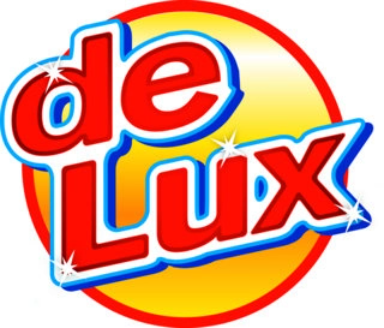
A handful of pioneering wineries have made notable efforts over the past decade to adopt more sustainable packaging alternatives, but these remain the exception rather than the rule. The wine industry has long been steeped in tradition, with glass bottles as the standard. While wines intended for long-term aging may be better suited to glass, PET bottles offer a sustainable option for wines intended for consumption within two years.
Challenge
In recent years, the wine industry has seen a rapid rise in the use of PET (polyethylene terephthalate) as an alternative to traditional glass bottles. PET offers advantages over glass in terms of weight, breakage resistance during transport, and storage. However, some question whether PET is truly a sustainable packaging solution compared to glass, which is infinitely recyclable.
Solution and Advantages
PET wine bottles first appeared in the late 1980s and have since grown in popularity and market share. Producers are attracted to PET’s lighter weight, reducing transport costs, and its flexibility, allowing innovative bottle designs. Consumers also appreciate PET’s durability, making bottles less prone to breaking in everyday use.
From a sustainability perspective, PET bottles are recyclable. The wine industry and PET producers argue that, even with current recycling limitations, PET has a lower overall carbon footprint than glass due to transportation weight savings.
As consumer demand for more sustainable packaging grows, the debate between PET and glass for wine bottles will continue. Both materials have environmental, economic, and consumer advantages and disadvantages. Improvements in PET recycling and innovations in reusable packaging models may address sustainability concerns over time. For now, recyclable PET wine bottles appear to be a lasting market option.
Conclusion
Despite its advantages, recycled PET remains a niche segment in the wine market but faces declining resistance. Many industry stakeholders predict that 2022 could be a turning point for PET wine bottles. Challenges from the ongoing pandemic may make recycled PET an option with new incentives.














